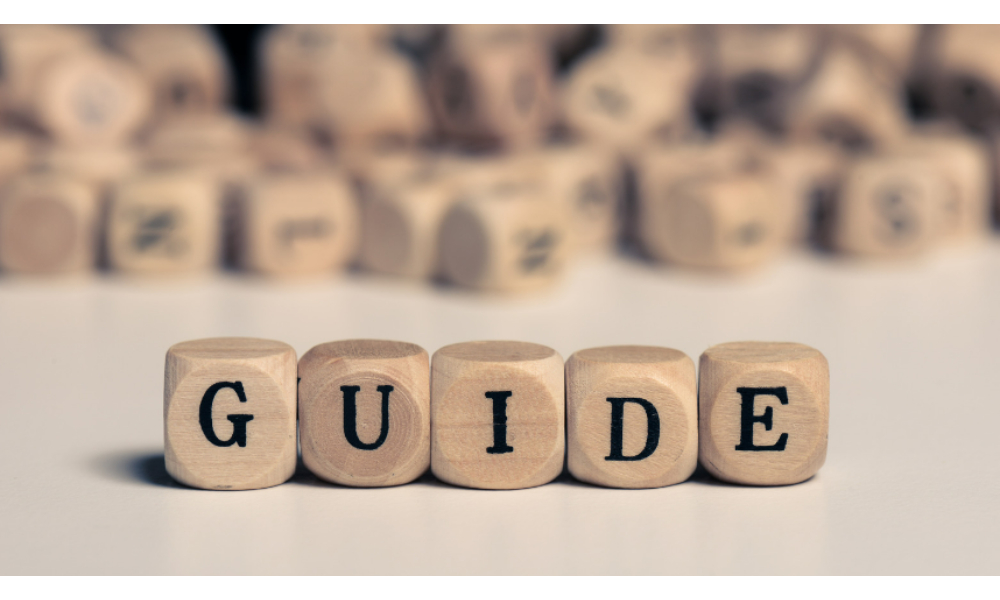How to Survive an Estate Cleanout After the Death of a Family Member

After a relative has passed away, it can be tragic and difficult. Put on top of that the cleanout of their home that may be on strict timelines and you can a long list of to-do’s piling up on your plate.
Cleaning out a Relative’s Home
An estate cleanout is a very stressful time after the death of a family member or parent. It’s a hard job that usually takes several people to accomplish it in time. You can follow this guide to get you going in the right direction and in the right order to make this difficult time in your life a bit easier.
Secure the Home
Most people have so much more to do with planning funerals, memorials and handling financial details after the death of a family member. You might not immediately clean out the house after a death, but you do need to secure the property ASAP. You never know who may have had keys in the past and if the locks were ever changed over the years. It could be someone who is no longer a family friend or relative and is on bad terms. In order to protect all of the belongings in the home you need to change the locks immediately after someone passes. If the family member was a renter and not an owner, contact the landlord to find the best solution for securing the property. It may be that the landlord has a person that always changes locks for a nominal fee that you can take advantage of.
Find all the Important Documents
The first items of business in a cleanout are to find all the important documents that need attention. You need the essential documents to take care of your loved one’s bills and other affairs. Once you find those place them in a secure spot that is not on the property and then you can concentrate on cleaning the home. The important documents you need to find include credit card statements, utility bills, pay stubs and tax forms, mortgage payments, deeds and car registrations, insurance policies, social security card, invoices, receipts or paperwork for art or jewelry, passwords and user names for online accounts and the will.
Examine the Will
If your family member’s death was expected, you are most likely familiar with the will. But, if the loss was sudden and unexpected, you need to make sure to read over the will carefully before starting to cleanout the estate. Many wills are simple and straightforward; however, some are more complicated than others and will require a probate attorney’s help. The executor of the will is the person to choose the attorney if one is needed. If a relative dies without a will, they have died intestate. These laws vary by state and you should get estate planning attorney to help you to understand how the state acknowledges that the property is to be divided.
Setting a Time Limit
You need to select a specific date for handling an estate cleanout and inform the entire family of your deadline rather than being vague about it. If you are facing a deadline from a landlord, they will likely set this date themselves as to when all items need to be removed from the household. Instead of saying the cleanout will be done in about a month, have an exact month and day of the month in mind. This can also help you to get a house on the market for resale faster if your relative owned their home.
Cleanout While Grieving
Part of the cleaning process is learning how to work through your particular grief while getting the task at hand accomplished. No one person is the same for coping with these intense emotions. Be kind to yourself and take breaks as often as you need while leaning on your support system as much as possible. It’s always a good idea to have a minimum of two persons working on the cleanout at the same time.
Sorting Through Possessions
When you start an estate cleanout, don’t let all family members help right at the beginning because it may turn into a mess very quickly with some people seeing items that they want and others wanting the same items as keepsakes. The best idea is to roughly sort through each room and set aside all items that may be high value and need to be appraised. The larger pieces, such as artwork, antique furniture and contemporary designs as well as silver, jewelry and antiques should be set aside. If the owner was a collector of one specific item such as stamps or coins, make certain that they are all kept together in one area to be evaluated. This is the time that you should have a roll off dumpster in the front yard to dispose of items that should clearly be thrown away. Broken furniture should be disposed of as well as just ends and pieces of items that aren’t important to any family member. This will help you to declutter the entire estate of items you need to dispose of and in the process will keep the area you are working in clean and easy to navigate.
Getting Appraisals
The appraisal process begins with a discussion between executors of the will and their attorneys to decide if an IRS compliant appraisal is necessary. If so, an appraiser will visit the residence and inspect, photograph and catalog all of the property of the estate. Then they perform research to produce documentation of fair market values of all the items. Hiring an appraiser can make it much easier to determine which items are valuable enough to be sold and which should be divided among the family. Most people are not knowledgeable enough to realize what a valuable asset is and an appraiser may find an heirloom that the family is unaware of in the process.
Bring in the Family
Now is the time to bring the entire family into claim mementos that they want to keep. If all family members get along pretty well, you can allow everyone in at the same time. If several people have their eye on the same items, they can decide among themselves and keep the process moving forward. If instead, there are tensions in the family, then bring in smaller groups of relatives that get along best with each other. You should start with the immediate family of the deceased, then the friends and relatives that were closest to the deceased and then everyone else. Each person can go through the home and put a sticky note on items they want. If two put notes on the same item, then they need to get in contact with one another and work something out by the target date to end the cleanout.
Donate Unclaimed Items
There are usually items that go unclaimed by family and friends. If some include items are in good and usable condition, find a charity to donate them to and schedule them to pick the items up. If the deceased family member lived in a long-term care facility, you should consider allowing the favorites of their caregivers that had a special relationship to have some of the belongings.
Dispose of Unwanted Items
At this point in the process, you will be left with only unwanted items. You can rent a dumpster to haul away the unwanted items. This is the fastest and simplest way to complete any estate cleanout. You may have to reminding yourself that these aren’t things your relative cared about and they are only regular old items of junk that your relative would have more than likely been happy to get rid of anyway.
Enlist an Estate Liquidator
The very last step in this long process is to sell the valuable items. If you have several items, consider hiring an estate liquidator to get the job done quickly. They will know the market on the valuables including the values and the right manner in which to sell personal property. If you only have a few items of value to sell, consider taking them to a consignment shop.
Following this guide can help you greatly in a time of despair. It’s best to count on a network of family, friends and anyone closest to you to help get the task accomplished quickly and easily.











